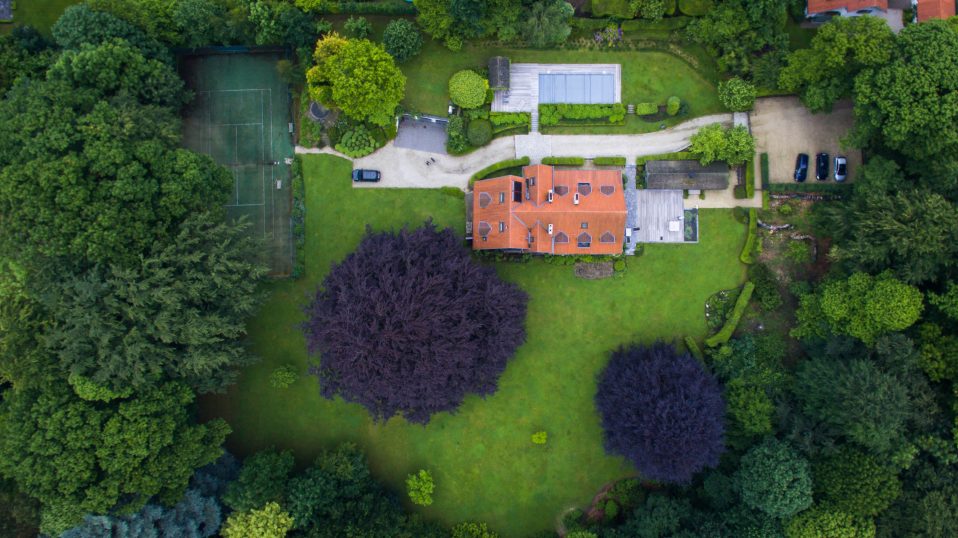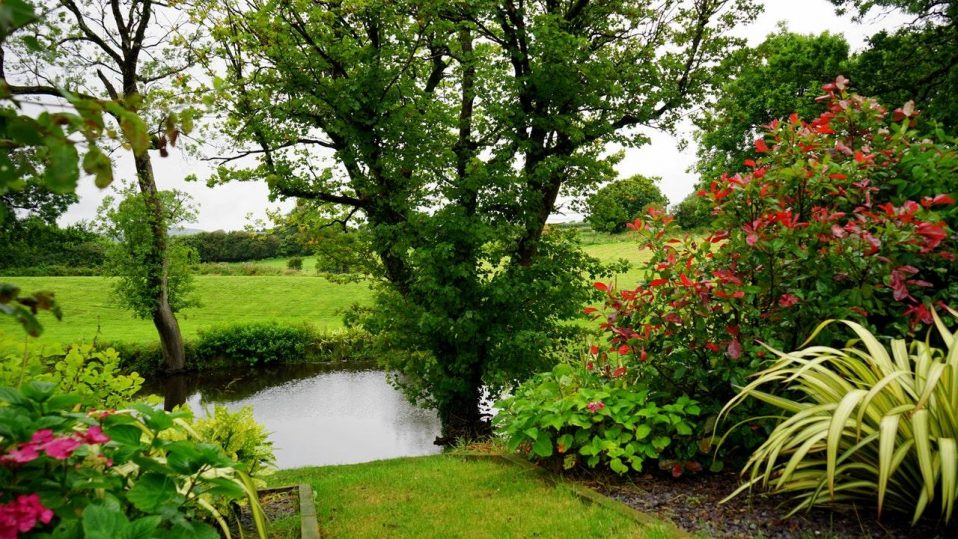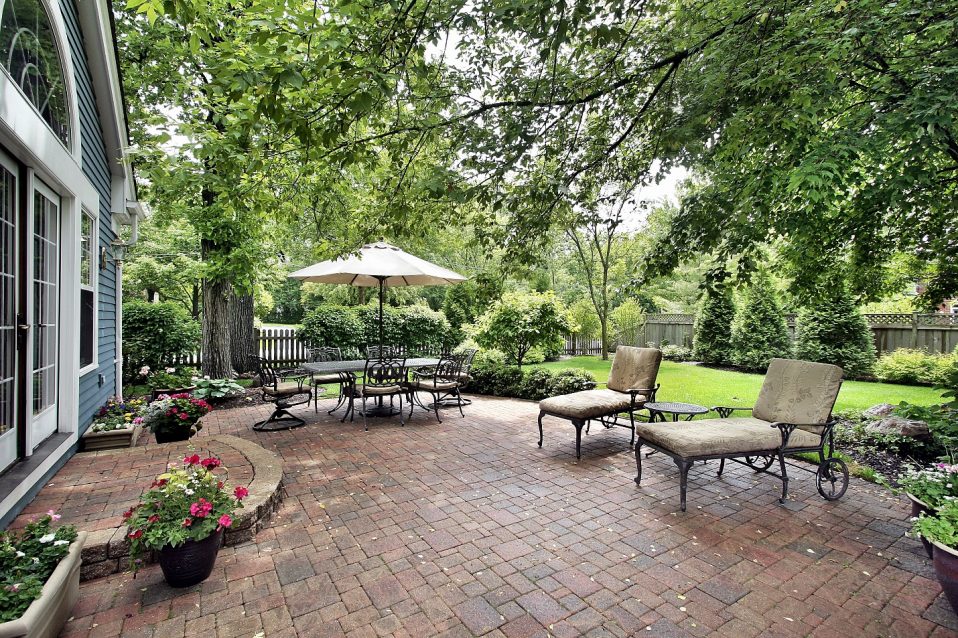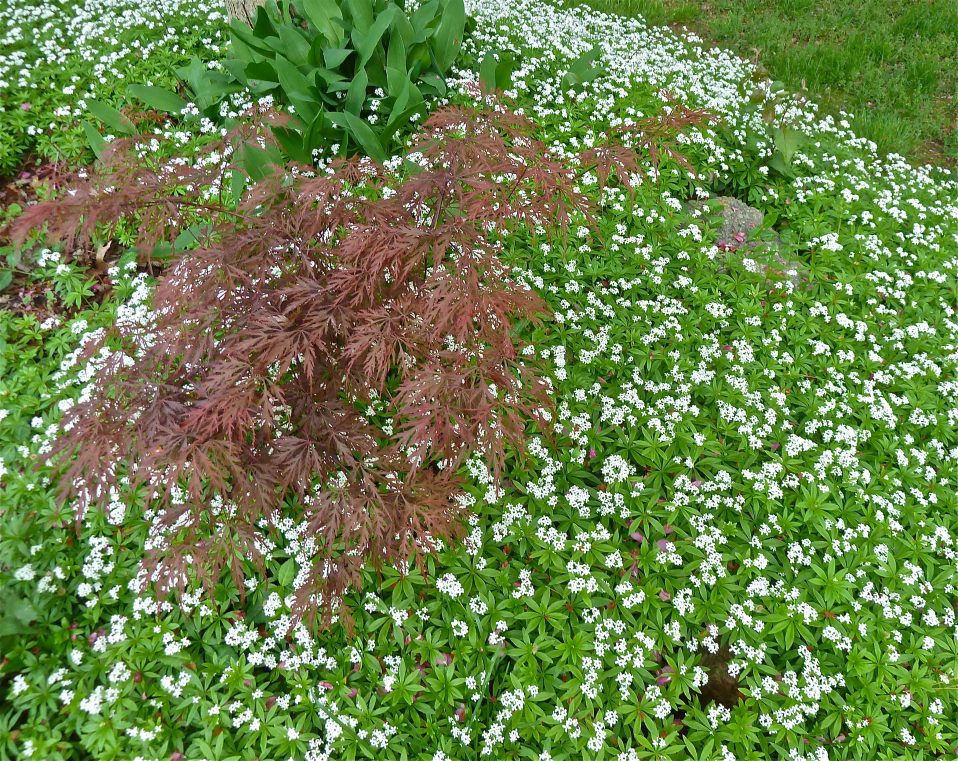Whether you want to start your own landscaping business or ensure your property looks top-notch year round, you have to invest in high-quality equipment and tools. Just like in any venture, drafting a plan and estimating your expenses are the first right steps to take to achieve success. When you consider the costs and the benefits of starting a lawn care/landscape business or a project of this kind for your property, the cost of inventory and maintenance need your full attention. Today, we will discuss the tools you need for landscaping and analyze some of the issues that require your full consideration.
To Rent or to Buy, This is the Question
In the case of hand tools, which we will discuss in a few moments, things are simple: you should buy them either for business or DIY landscape projects. When it comes to power tools, you need to consider the following aspects:
- If you are building a start-up, you should consider renting the essential power tools you will use more frequently on your or your clients’ properties (until you start making profits in your business).
Leasing equipment in the first stages of your project comes with both advantages and disadvantages, and you should consider them with care. However, you can get outstanding deals from tools and equipment renting firms, such as EquipmentRental.org, that can satisfy your needs, provide you with personalized offers and discounts, and be available in your work area for all your requirements.
The logic of renting equipment for seasonal work on your property or scheduled work for your clients is this: you do not pay for anything up-front, you always have predictable expenses, and you will be able to have access to state-of-the-art equipment to be ahead of your competitors.
If you want to make sure you decide correctly, then you should use business plan templates and start-up costs simulators. They will help you understand better what costs to avoid altogether, what charges to diminish, strong points to invest in, and other hidden, recurrent, or unexpected payments to consider.
Now that you have a bigger and clear picture of how to distribute your budget, we should see what tools you need for a landscaping business or a landscaping project.
Landscaping Essential Vehicles
- It is better to start a landscaping business with a truck you already have; if you do not own a proper vehicle for your landscaping start-up, you should introduce the costs of a heavy-duty flatbed truck with locking toolbox and a dumping mechanism. It may push your budget to around $30,000.
- If you need tools only for your property, you can skip the costs of the vehicle on your budget simulator.
Landscaping Essential Security Tools and Equipment
You should consider such tools no matter what – either for business or DIY projects; safety is mandatory. Here are your main items to consider:
- When you check out the reports offered by the Occupational Safety and Health Administration, you learn that even limited exposure to sound levels in the 85-to-90-dB range can cause hearing problems and loss; lawn equipment and tools operate at up to 95 dB, so hearing protectors and earmuffs are mandatory;
- Safety glasses will protect your eyes from vegetal debris, damage, and many accidents;
- Steel-toed work boots are necessary as well;
- Foam knee pads – for comfortable planting and safety;
- Invest in high-quality work gloves to give you a better grip on the tools and prevent power or hand tools from slipping when your hands sweat in warm weather.
Landscape Essential Power Tools
If you are a beginner in the landscaping business or personal projects, you need to consider a few tips before you pick your equipment – whether you rent it or buy it:
- Get high-quality equipment that does not feature extra add-ons and accessories; it will be cheaper and easier to use in the beginning;
- Rent or buy power tools from established companies and national networks – maintenance and service, together with spare parts will also cost cheaper and be more available and fast;
- Get your power tools to adapt to both large and small landscaping projects – you do not want to buy/rent specific equipment for specific jobs, as your budget will skyrocket.
Here are the landscaping power tools you need to start a business or a personal project:
- Lawnmower – get a ride-on mower powered by petrol, with at least 30” cutting width to adapt to all mowing projects;
- Grass trimmer – an excellent tool to tackle overgrown areas where the lawn mower proves inefficient;
- Tiller – renting a tiller to create new flower beds and dig over existing flower beds with ease and in a matter of minutes will save you time, money, and a reputation among your clients; we said rent specifically, as you may not need it as frequently as other tools;
- Lawn aerator – lawn aeration is a mandatory task for best lawn and landscaping projects, as it de-compacts the soil, allows warmth and light reach deep to the roots, allows the flow of nutrients, water, and oxygen. You could buy a hand aerator, but a power one will speed up the process. You can get an aerator as an accessory for the tiller instead of buying/renting two power tools separately;
- Lawn edger – to deliver the promise of “neat and picture-perfect” lawns and borders you advertise;
- A chainsaw – get one you can use with ease;
- Pole pruner – if you intend to turn trees into works of art and examples of good practices, get a pole pruner that saves you the risks and the fails of pruning trees while balancing on a ladder;
- Hedge trimmer – essential if you want to build a base of satisfied customers;
- Garden shredder – if you intend to waste nothing and walk the path of organic landscaping, a garden shredder helps you turn vegetal debris into reusable mulch, saving everybody’s time and money;
- Leaf blower – if you do not want to spend (futile) days in a row raking falling autumn leaves, invest in a leaf blower (a seasonal type of equipment you may rent);
- Snow thrower – in case your start-up revolves around yearlong services, a snow thrower will keep you ahead of the competition in wintertime, as not many offer such maintenance services; if you live in a cold area and you need to remove tons of snow from your property all winter long, this is also an excellent investment to consider.
Depending on the size of the property, its needs, the vegetation growing on it, its threats and opportunities, you can cross off the list some of these tools or add a few more. If you want to build a business, consider the tools that will help you achieve a fast, clean, efficient, and beautiful job with no fuss.
Landscaping Essential Hand Tools
They are many – and we mean a lot. It is easier to pick them if you want to care for your property – they mostly depend on what you need to do there regarding lawns, flowers, trees, watering, weed control, pest control, and more. However, if you want to start a business, you need to have all tools (or almost all of them), as it would be a pity to refuse a client just because you do not have the means to provide the service. Here are the main tools needed in gardening or professional landscaping:
- Long handled tools – pick high-quality models with resilient handles (“D” shaped, tubular-steel or fiberglass handles last for a lifetime): shovels, rakes, forks, lawn shears, pruners, Dutch hoes, transplant spades, etc.
- Short handled tools – make sure they are high quality with handles that make an excellent grip, are sturdy and do not rust easily: trowels, secateurs, hand rake, hori-hori (Japanese gardening knife), and hand cultivator.
- Accessories – they are equally important, and you have to include them in your costs simulator: buckets, ladders, wheelbarrow, hose, retractable safety knives, twine, push brooms, watering can, extension cords and batteries for different power tools, spreaders, sprayers, etc.
Final Thoughts
Besides tools and equipment, you should also invest in yourself. Landscaping is a science more than it is an art and you will soon realize you need to know plenty about soil pH, endemic weeds and pests, fertilization, lawn diseases and treatments, types of vegetation and plants, organic landscaping, and more. Landscaping as a business may also need collaboration with other companies in the field, as you may have to perform soil tests and even landscape architecture designs.


Comments(2)-
-
- Recent
- Popular
- Tags
-

-

-

-

-

-

42nd National Collegiate Landscape Competition811add-on servicesAdd-Onsaesthetically pleasingAlamance Community CollegeAmazon Alexaarboricultureartificial turfASV Holdings Inc.backpack blowersbathingBest PracticesBlack-Eyed SusansBugBarrier Tree BandbugleweedBusinessCaliforniaCasellaCasella Airwave AppcatmintChemical CareChris AllenCommon Ground Alliancecompetition dayCounty College of Morriscreeping thymeDesign Your PatioDesign-BuilddiggingEquipmentEquipment MattersFeature ArticlefernsFlow DetectiveGBB 700 dual battery port backpack blowerGE 080 stick edgerGreenworks CommercialgroundcoverGrounded LLCgroupinggrouping plantsHardscapesHardscapingHawaiiHomepage Articlehorizontal layersHow ToHusqvarnaHusqvarna Automower robotic lawnmowerHusqvarna robotic mowershydrangeasIrrigationJim DiBiagioKansas State UniversityLandscape DesignLandscape Design/Build/Installationlandscape lightingLandscape Maintenancelandscape plant installationlandscaping ideaslandscaping toolslandscaping vacant lotlawnlawn alternativesLawn MaintenanceLawnCarelayeringmassingmassing plantsNational Collegiate Landscape CompetitionNational Safe Digging Monthnatural gas linesNCLCNewsOrganic Landscapingornamental grassesoutdoor electrical linesoutdoor livingoutdoor showerspatternspaversPenn State ExtensionPlantsplumbingpoolside plantsprivacyproduct rounduprepeating patternsrepetitionRoman chamomileSascha MengesSeasonal Landscaping Adviceshowerskid steerSkid-Steer Loadersspotted lanternflystick edgerStory of a LandscapeStrata Landscape ArchitectureSustainable Workssweet woodruffsynthetic turftelecommunications lineTier 2 ArticlesTier 3 ArticlesTop Stories (Homepage)turfgrassUncategorizedunderground utilitiesunderground utility damageunderground utility linesvertical layersVirginiavisual impactWater Features
Erika Brady says
March 15, 2019 at 4:26 amI’m glad that you mention how it’s important to figure out whether to rent or buy the outdoor equipment and to consider maintenance, cost, and other factors to determine which option is best. Once you’ve figured out what you want, it would probably be a good idea to go online to research the various companies that sell or rent the type of equipment you need. This could help you learn about the machinery they have and their availability to determine which one is reliable and fits your budget and other requirements.
Silas Knight says
March 21, 2019 at 10:09 pmYou’ve got great tips for tools for landscaping. We’ve got some projects that need doing, so this is good. I like how you said renting is best for power tools. We’ll remember that.
Tips on landscaping a vacant lot
Posted on July 9, 2019Beautiful and Low Maintenance Backyard? 8 Ideas to Get You Started
Posted on March 27, 20195 Ideas to Design Your Patio on a Budget
Posted on October 5, 2018Tools You Need for Landscaping
Posted on October 5, 20185 Ideas to Design Your Patio on a Budget
Posted on October 5, 2018Six lawn alternatives for clients to consider
Posted on March 28, 2018